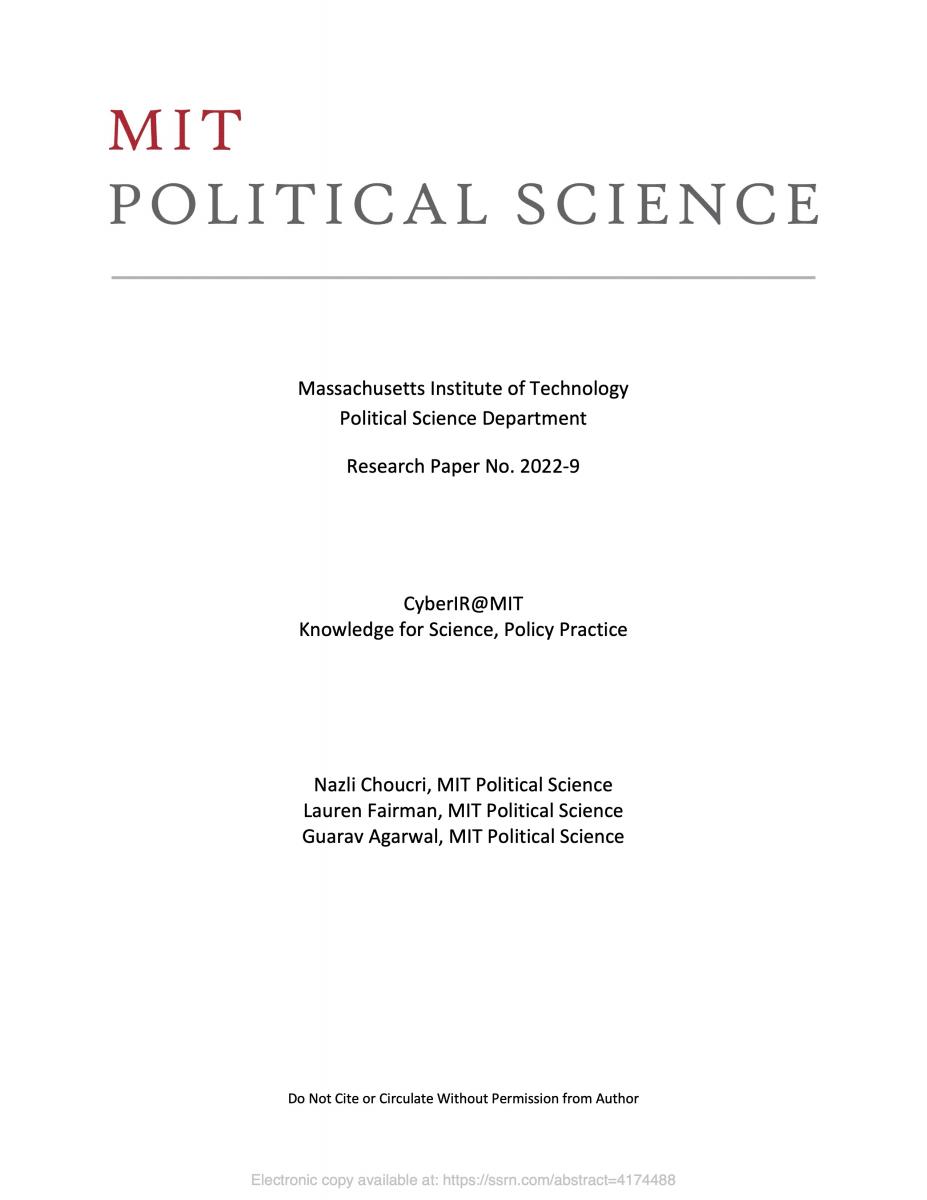URL:
Abstract:
Amanda Suarez examines the expansion of Mexican transnational criminal organizations from narco-trafficking into cybercrimes. Mexican cartels already pose one of the greatest criminal threats to American and Mexican interests due to drug trafficking and the abuse of illicit drugs. Mexican cartels have already begun using cybercrime methods such as doxxing and surveillance software, which has been fueled by the democratization of internet access and cybercrime as a service (CaaS) economy. Suarez observes that "Mexican cyber-cartels strategically leverage technology to pursue profit, security, and influence in three main areas: cybercrime, dark web markets, and cryptocurrency." For example, criminal groups are using malware to breach ATMs in Mexico's banking system, the usage of the dark web to locate buyers for large-scale drug shipments, and the usage of bitcoin to launder money illicit funds. Suarez proposes that "the US government should implement a comprehensive interagency approach to conducting threat assessments, including by convening a cyber-cartel working group within the National Cyber Investigative Joint Task Force led by the FBI with relevant stakeholders from the Departments of Defense, Treasury, and Homeland Security." Additionally Suarez points out that the U.S should pay attention to any potential Mexican and Chinese transnational criminal organization partnerships and should elevate the issue with China as a shared priority.
Year:
2021
Domain:
Dimension:
Region:
Country:
Mexico



